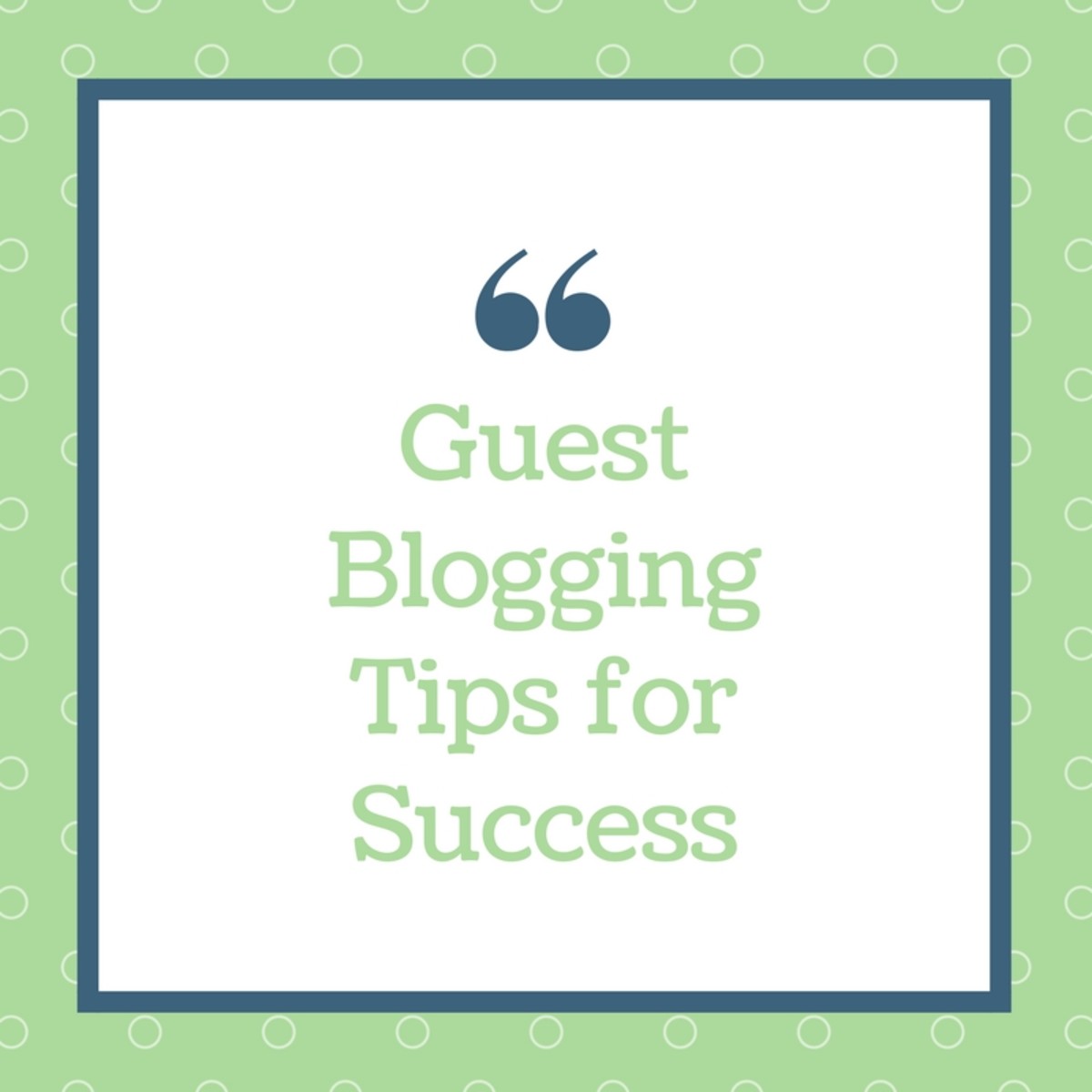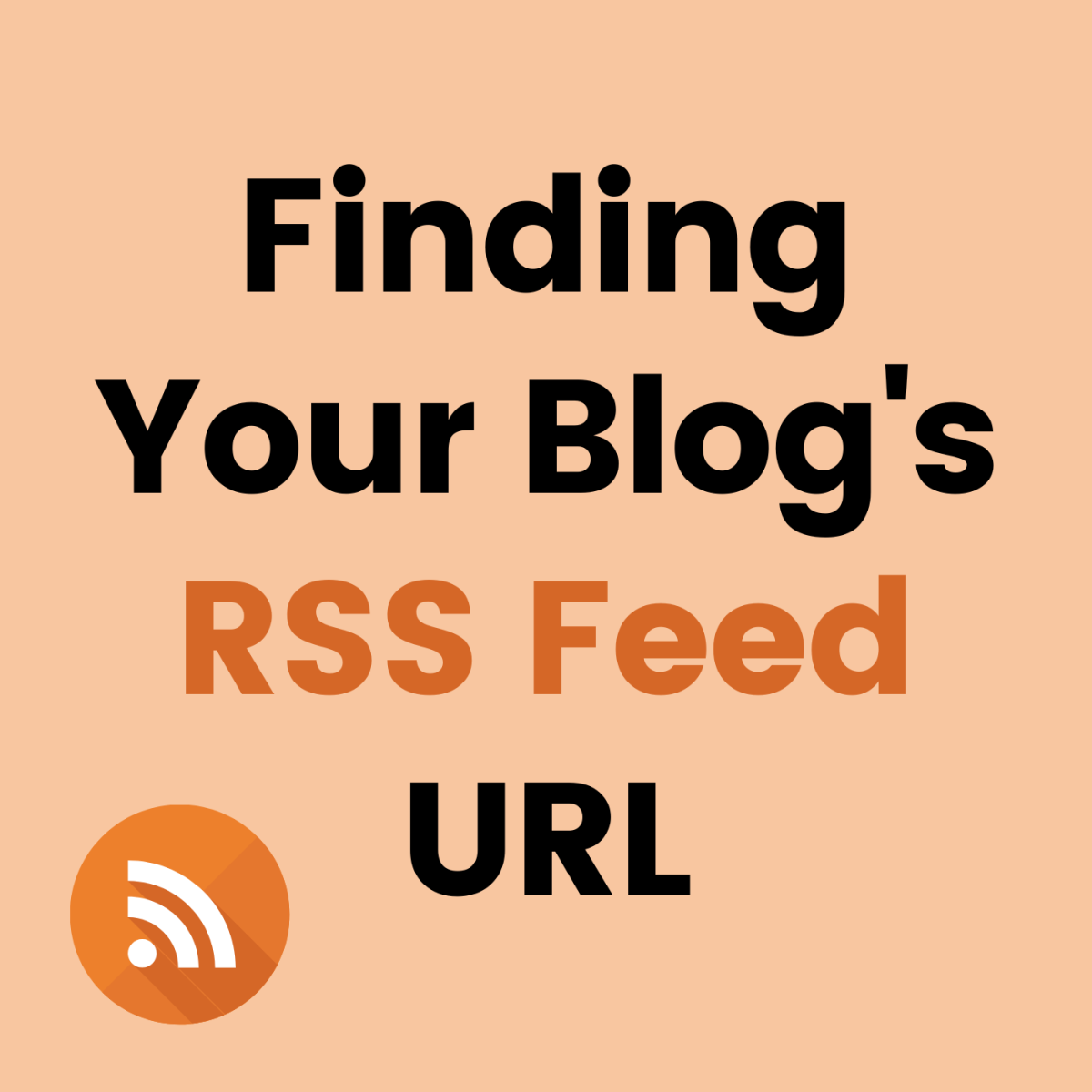If You Blog, You are Your Readers’ Friend
Your Blog Takes a Life of Its Own
When you start blogging, you can’t wait to establish regular readers and commenters. Their feedback is highly rewarding and confirms your choice to blog. But as your blog grows and the number of faithful readers grows, you may feel overwhelmed by their emotional attachment to you.
Realize that blogging can create online relationships that are very real. As a blogger, you will have to come to grips with these relationships and decide what kinds of boundaries you will establish.

You Are a Friend to Your Blog Readers
You work hard to develop a readership for your blog, but you may not realize that some readers actually perceive you as a friend. Although you don’t know them, they feel that they know you. They read your words, appreciate your insights, see the photos you post, and they like you.
More than that – they trust you.
This trust explains why your readers email you with conversational notes or with sad stories of their heartaches. You have built up their trust with your writing, and now they are being vulnerable to you.
This trust is a precious thing. Don’t violate it by responding carelessly or by ignoring them.
You cannot become a counselor or best friend to each and every blog reader. But you can be kind. Don’t mentally scoff at their presumption. You have created this trust through your blogging; you have to find a way to deal kindly with your readers.
Common Behaviors Your Readers May Exhibit
It is not uncommon for blog readers to behave in the following ways. As surprising or annoying as they may be, realize that each one is an indicator of the trust you have established with them.
- emailing photos of projects or links to articles related to your blog's niche
- leaving comments asking if you are okay when you don't post for a while
- emailing with requests for advice or requests to talk on the phone
- emailing just to chat, possibly not about your blog's niche
I have experienced each of these personally as my blog readers have reached out to me in friendship.

Have Your Readers Grown to Trust You?
Dealing With Your Readers
When your readers express that you are their friend, how should you handle it?
Above all, I hope that you handle it graciously. Remember that to your readers, you are something like a celebrity. Be kind and appreciative of their attention. If you have time and the inclination, email them back. You never know when a blog reader may turn into a true friend. (It has happened to me before!)
But if you cannot reciprocate the friendship either because of time constraints or because you feel a need to establish boundaries, be gentle as you say no.
Some techniques for deflecting an avid blog reader who is (in your mind) crossing the line:
Reply With Concise Answers
Kindly answer your reader's email, but don't gush on and on. Keep your answers brief and to the point. If you feel a need to offer a hint about your brevity, link to the five.sentenc.es site. This kind of email sets some boundaries and lets the reader know that you have limits to your relationships with blog readers.
Offer Polite Refusals
Be highly apologetic and appeal to their already established love of you. Choose an excuse that is true and that your reader can relate to: a brood of children to tend to, a sick spouse, a full-time job, an inbox that is overflowing.... Take your pick. Be honest and real about your time constraints. If your reader loves you, he or she will still love you after this email response.
Ignore the Advances
I leave this as an absolute last resort. Sometimes ignoring is the only way to get through to a persistent and very needy reader. After a few emails go unanswered, hopefully the too eager reader will take the hint and back off.
Lurker --Friend -- Groupie -- Stalker
There may be a fine line among these categories along the blog reader continuum:
lurker --reader --friend -- groupie -- stalker
When you are a new blogger, you don't want lurkers because you crave the reinforcement of comments. Later when you have more comments than you have time to respond to, you grow to appreciate the lurkers who come and read but don't comment. Some blog readers become faithful fans and often consider you a friend. A smaller group of those readers may become groupies who tweet every post you write and often link to your blog. This is a devoted group of readers that you don't want to alienate.
The scary part is when a blog reader crosses over into being a stalker. I have not ever faced this situation, but I know it is a real danger with blogging. You can't control who reads your blog. And mentally unstable people are out there. That's why it is wise to have some boundaries set in place when dealing with the shift from friend to groupie to stalker. Stop that before it happens if at all possible.
But the vast majority of people who comment on your blog and email you are decent, mentally stable people who want to reach out to you because you portray yourself as such a lovely person online. Don't think they are crazy. It's just that you are so persuasive with your writing!








